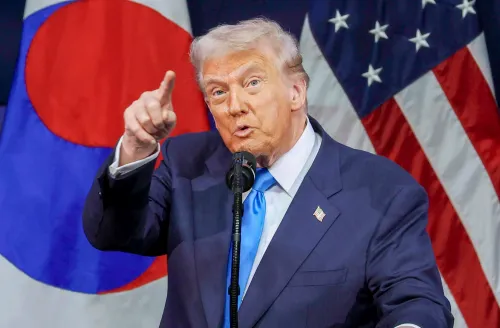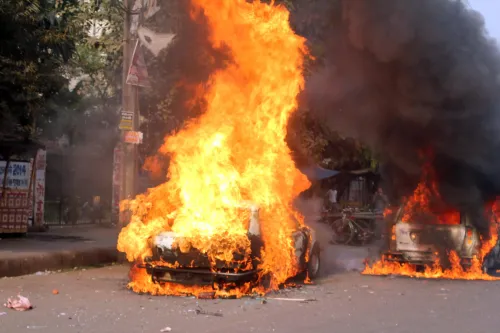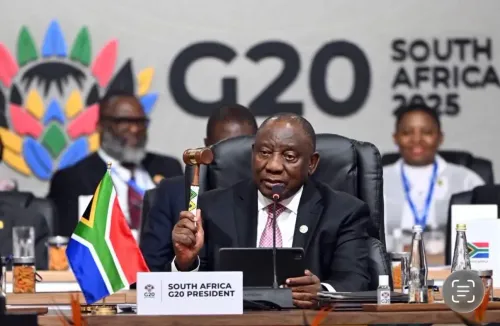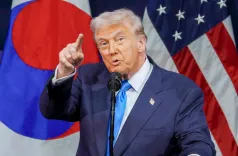How is Kazakhstan Tackling Western Sanctions on Lukoil?
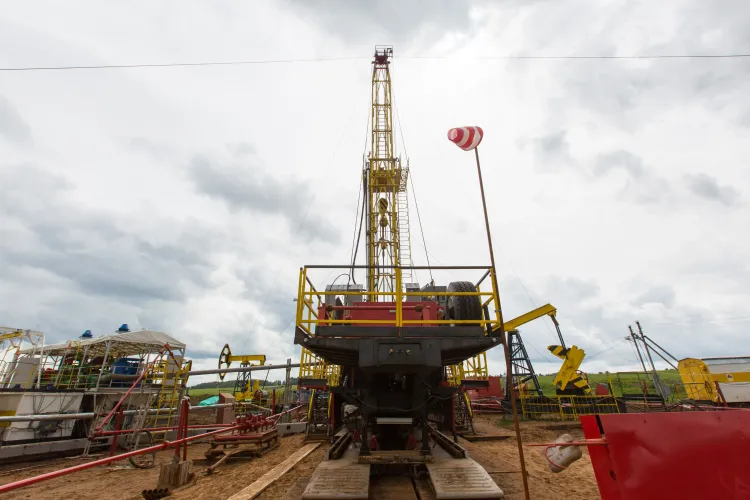
Synopsis
Key Takeaways
- Kazakhstan is actively addressing the challenges posed by US sanctions on Lukoil.
- The Energy Ministry and Foreign Affairs Ministry are collaborating to explore potential acquisitions.
- Lukoil has been a long-standing partner in Kazakhstan's energy sector.
- Discussions are ongoing regarding the possible purchase of Lukoil assets.
- Hungary's situation highlights broader issues in European energy dependency.
Almaty, Oct 28 (NationPress) The Energy Ministry and Foreign Affairs Ministry of Kazakhstan are collaborating to navigate the consequences of US sanctions recently placed on Lukoil, a significant player in the Russian energy sector, as reported by the Kazinform news agency, citing Sanzhar Zharkeshov, the Deputy Energy Minister.
It has been previously reported that the US Treasury Department announced sanctions against Lukoil, one of the largest oil producers in Russia, in a bid to compel Moscow into agreeing to an immediate ceasefire in Ukraine. In response, Lukoil declared its intention to divest from its international holdings.
Zharkeshov indicated that discussions are ongoing with the Ministry of Foreign Affairs regarding a possible acquisition of Lukoil assets within Kazakhstan, according to the Xinhua news agency.
Nurlan Zhakupov, the chairman of Samruk-Kazyna, Kazakhstan's sovereign wealth fund, affirmed that Lukoil has been and continues to be a valuable partner for both Kazakhstan and its national oil and gas company, KazMunayGas (KMG).
Since 1995, Lukoil has been operational in Kazakhstan. Recently, Lukoil and KMG have initiated the joint development of the Kalamkas-Sea and Khazar Fields on the Caspian Shelf.
Last month, Peter Szijjarto, the Hungarian Foreign Minister, accused certain Western European nations of hypocrisy, claiming that while they profess to have ceased importing Russian oil, they continue to purchase it indirectly.
Szijjarto pointed out that Hungary only accounts for 2.2% of Russia's total crude oil exports, with the remaining 97.8% being bought by other nations.
He justified Hungary's dependency on Russian energy, noting its landlocked position and mentioning that an alternative pipeline from Croatia is currently insufficient to meet Hungary’s and neighboring Slovakia's full energy needs.
According to Szijjarto, Hungary openly buys Russian oil since it lacks alternatives, while several other European countries are covertly importing the same crude through intermediaries at reduced rates.
“Let us not be misled by the hypocrites. Among those who criticize Hungary and Slovakia the loudest for their oil purchases, many are also acquiring Russian oil, albeit indirectly, through various Asian nations,” Szijjarto stated in September.
“They do this to secure cheaper oil. We buy Russian oil transparently because we have no other options,” he added.


